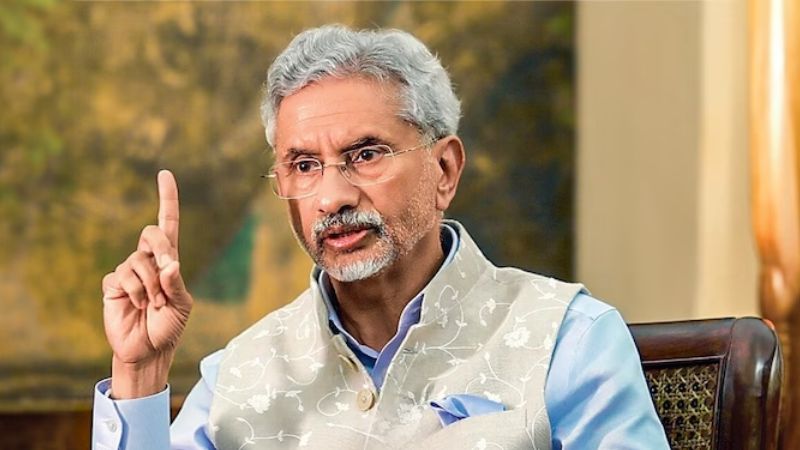External Affairs Minister Dr. S Jaishankar who is known for his direct approach to India’s stance on matters of international importance, recently had a pointed response to an Australian journalist asking if New Delhi acknowledges Canberra’s “angst” over its relations with Russia.
Minister Jaishankar responded to Sky News Australia’s Sharri Markson, saying that India hasn’t caused any “angst” for other nations.
In today’s multipolar world, countries maintain complex relationships that aren’t exclusive, Jaishankar explained. Explaining his point with the example of Pakistan, the Indian minister noted that if the same logic were applied universally, India could cite Pakistan’s ties with various nations as a source of unease.
“I don’t think we have given cause for any angst. In this day and age, countries don’t have exclusive relationships. If I were to use that logic, I would say so many countries have a relationship with Pakistan. Look at the angst it should cause me,” he was quoted as saying.
Also read: https://tfipost.com/2024/11/jharkhand-a-state-getting-closer-to-regretting-its-birth/
He also emphasized that India’s decision to purchase discounted Russian oil helped mitigate a potential global energy crisis and control inflation.
The minister further explained that India’s balanced relationships with both Ukraine and Russia allow it to engage constructively with both sides, potentially facilitating diplomatic progress. He also underscored India’s role as a stabilizing force, capable of encouraging dialogue and returning the conflict to the negotiation table.
Talking about India’s oil purchases from Russia, Jaishankar defended India’s right to secure its own energy needs. The minister added that Europe must move beyond the notion that European issues are global concerns, while the world’s problems do not receive reciprocal attention.
